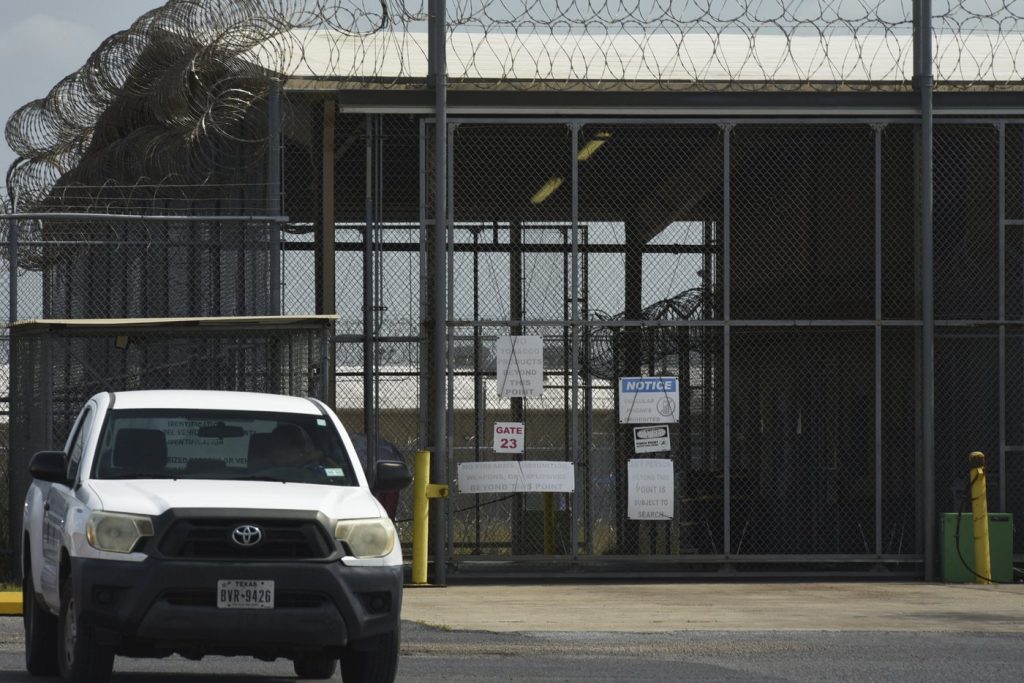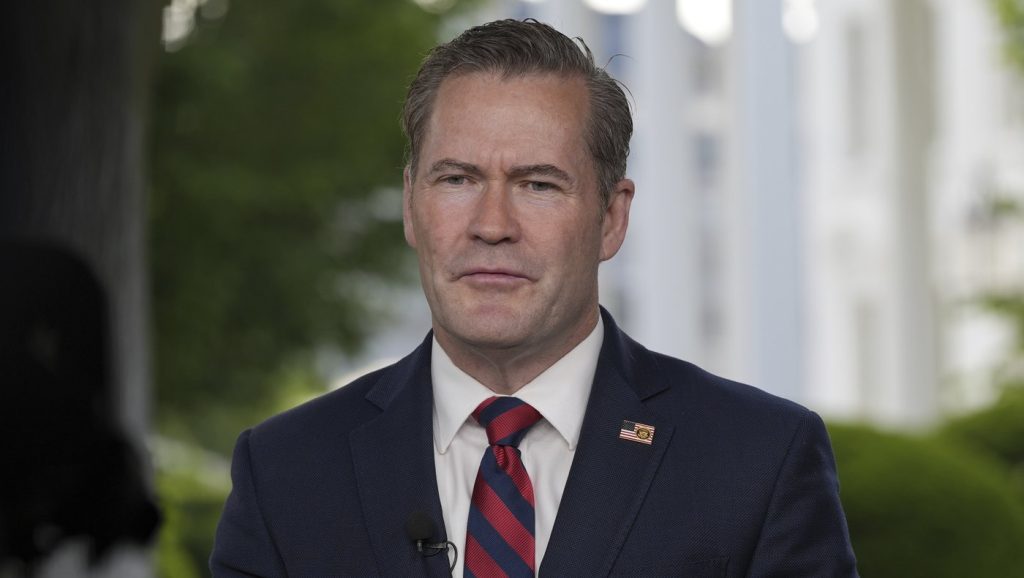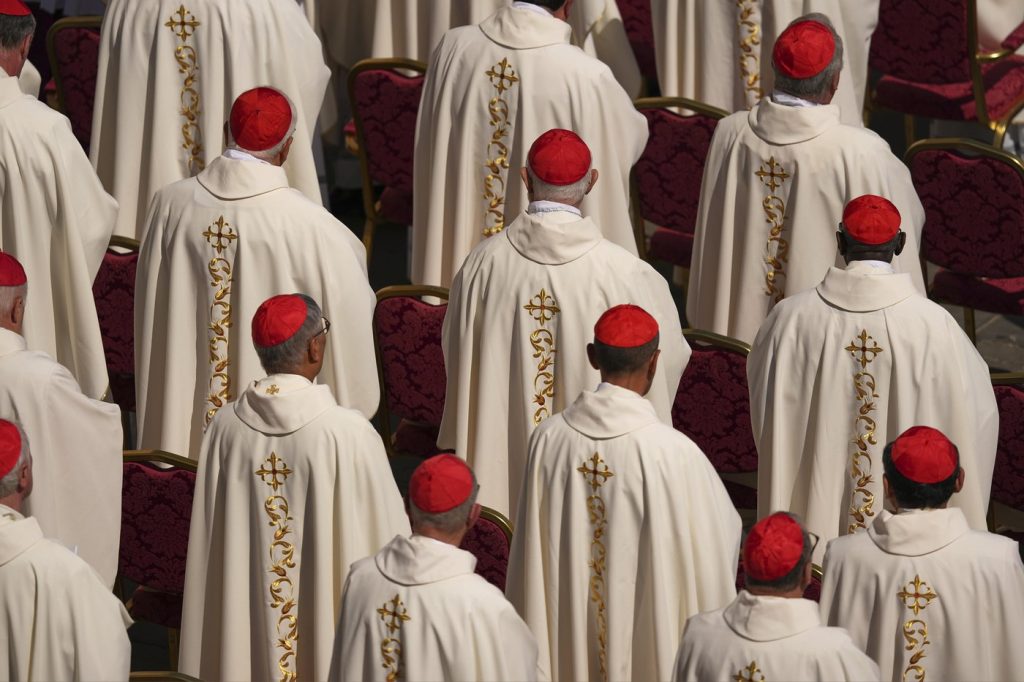A federal judge, U.S. District Court Judge Fernando Rodriguez Jr., ruled on Thursday that the Trump administration could not deport Venezuelans from South Texas under the 18th-century Alien Enemies Act (AEA). This ruling marked a significant legal setback for the administration, as Rodriguez declared that President Donald Trump’s use of this antiquated law was unlawful. The case centers around Trump's proclamation claiming that the Venezuelan gang Tren de Aragua was invading the United States, justifying expedited deportations without standard court proceedings.
In his judgment, Rodriguez noted that the AEA could not be employed against individuals, even if the administration categorizes them as gang members attempting to enter the U.S. unlawfully. He emphasized that while the government retains the authority to detain and remove illegal immigrants involved in criminal activities, it could not utilize a law as old as 227 years to carry out such actions. Rodriguez, who was nominated by Trump in 2018, asserted that the President's interpretation and invocation of the AEA exceeded its statutory parameters and contradicted the plain meaning of its language.
In March, Trump issued the proclamation identifying Tren de Aragua as a threat to U.S. security and declaring that he possessed the authority to deport individuals categorized as gang members without following established legal processes. Rodriguez expressed that the administration's claims did not constitute an invasion or "predatory incursion," which the AEA specifies as necessary for its application. His ruling outlined that the proclamation did not suggest any organized armed group was entering the U.S. to conquer or control territory on behalf of Venezuela.
Vice President JD Vance stated in a Fox News interview that the administration would "aggressively appeal" the ruling and challenged the judge's authority to make determinations about the invocation of the AEA. Vance maintained that it is the President who decides on matters of national invasion. In contrast, Rep. Adriano Espaillat, chair of the Congressional Hispanic Caucus, welcomed the ruling, stating it validated suspicions that the administration had misused the AEA to deport individuals without due process rights.
The Alien Enemies Act has a history of being invoked only three times prior, most recently during World War II, to intern Japanese-Americans. The proclamation by Trump was met with a wave of lawsuits as the administration sought to transport migrants it labeled as gang members to an infamous prison in El Salvador. Rodriguez's decision is the first formal permanent injunction against the use of the AEA by the administration, with legal experts arguing that Congress did not intend the law to be applied in this way. Lee Gelernt, an ACLU attorney involved in the case, emphasized that the AEA should not be interpreted in a manner that deviates from its historical applications during major conflicts.
The ruling is likely to be contested, and any appeal would go to the New Orleans-based 5th U.S. Circuit Court of Appeals—known for its conservative leaning. The court previously ruled against perceived overreaches by both the Obama and Biden administrations regarding immigration matters. The Trump administration could also seek to escalate this matter to the U.S. Supreme Court, aiming for an emergency motion for a stay during the appeal process. The Supreme Court has previously ruled that individuals alleged to be gang members must be granted "reasonable time" to contest their deportation.
This Texas case is part of a broader legal struggle spurred by Trump's proclamation, which has influenced various lawsuits, including one initiated by the ACLU in Washington, D.C. Following this, Judge James E. Boasberg temporarily halted deportations and ordered that planes carrying detainees to El Salvador be turned back. This directive was allegedly not followed by the administration. The Supreme Court intervened again recently with a late-night order to pause deportations from North Texas amid ongoing litigation challenges.












